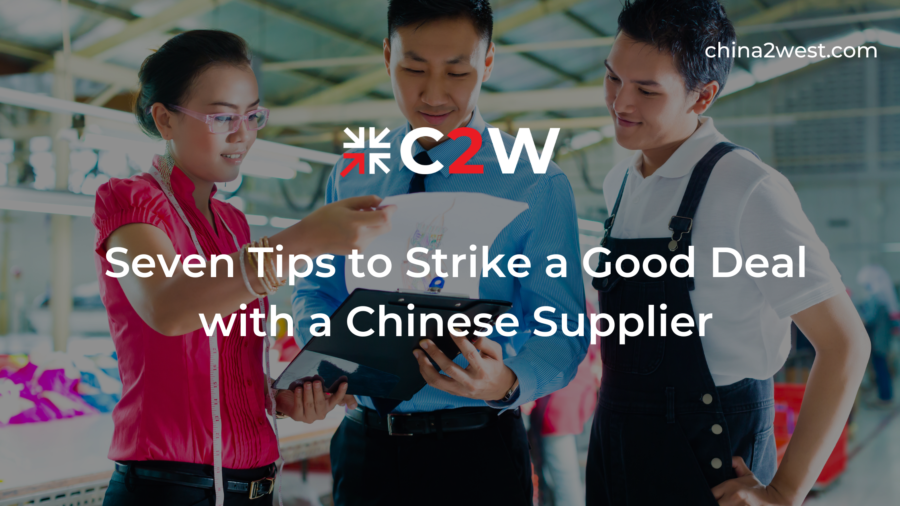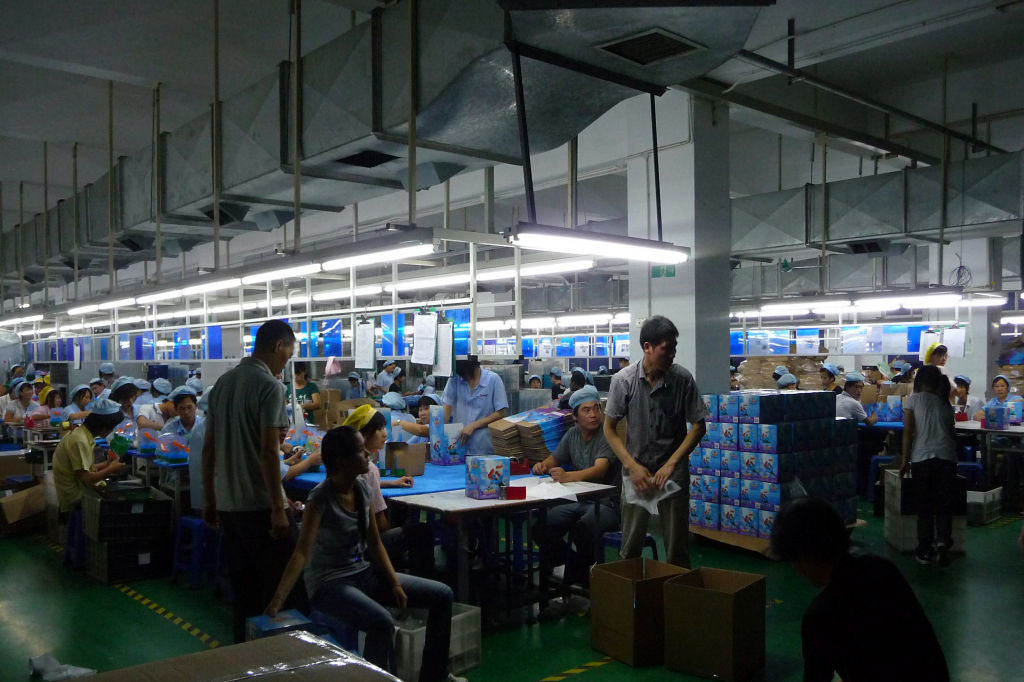Learn seven essential tips for negotiating a successful deal with a Chinese supplier. Discover strategies to enhance your business relationships.
In today’s globalized marketplace, working with Chinese suppliers has become increasingly common for businesses worldwide. China’s manufacturing capabilities and cost-effectiveness make it an attractive option for sourcing products.
However, negotiating deals with Chinese suppliers can be complex and challenging. To help you navigate this process successfully, here are seven essential tips to strike a good deal with a Chinese supplier.
Understanding the Chinese Business Culture
Before diving into negotiations with a Chinese supplier, it’s crucial to understand the cultural nuances that influence business dealings in China.
In Chinese culture, building relationships (Guanxi) is paramount. This means that establishing trust and rapport with your supplier can significantly impact the negotiation process.
Take the time to invest in relationship-building activities such as face-to-face meetings, dinners, and small gifts, as these gestures can go a long way in fostering goodwill and trust.
Another aspect of Chinese business culture to consider is the importance of saving face. In negotiations, avoid confrontational or aggressive behavior, as this can cause your Chinese counterpart to lose face and jeopardize the deal.
Instead, maintain a respectful and collaborative approach, focusing on finding mutually beneficial solutions.
Conducting Thorough Research
Before entering into negotiations with a Chinese supplier, conduct thorough research to understand the market landscape, industry standards, and pricing trends.
This knowledge will empower you to negotiate from a position of strength and ensure that you’re getting a fair deal. Pay attention to factors such as production costs, quality standards, lead times, and payment terms.
Additionally, research your potential supplier’s background, reputation, and track record. Look for reviews, testimonials, and references from other clients to gauge their reliability and credibility.
By arming yourself with relevant information, you’ll be better equipped to evaluate offers, negotiate terms, and mitigate potential risks.
Clarifying Your Requirements
Clear communication is essential when negotiating with a Chinese supplier. Clearly articulate your requirements, specifications, and expectations upfront to avoid misunderstandings or discrepancies later on.
Provide detailed product specifications, including materials, dimensions, colors, packaging, and any other relevant details.
Moreover, be transparent about your quality standards and performance expectations. Clearly outline your requirements for product quality, testing protocols, and compliance with regulations and standards.
By setting clear expectations from the outset, you’ll minimize the risk of disputes or dissatisfaction down the line.
Negotiating Price and Terms
Negotiating price and terms is a critical aspect of striking a good deal with a Chinese supplier. While price is important, it’s not the only factor to consider. Focus on negotiating a package deal that encompasses price, quality, delivery schedule, payment terms, and other relevant factors.
When negotiating price, aim for a win-win outcome that balances cost-effectiveness with product quality and value. Avoid fixating solely on achieving the lowest possible price, as this could compromise product quality or supplier relationships in the long run.
Instead, seek to establish a fair and competitive price that reflects the quality and value of the products or services being offered.
Securing Intellectual Property Rights
Protecting your intellectual property (IP) rights is crucial when working with Chinese suppliers. China has a reputation for IP infringement, so it’s essential to take proactive steps to safeguard your designs, patents, trademarks, and other proprietary information.
Consider implementing legal protections such as non-disclosure agreements (NDAs), confidentiality clauses, and intellectual property agreements with your Chinese supplier.
Additionally, leverage technology solutions such as watermarking, encryption, and digital rights management (DRM) to protect your digital assets and prevent unauthorized use or reproduction.
Building a Strong Relationship
Beyond the initial deal, focus on building a long-term relationship with your Chinese supplier. Cultivate open communication, trust, and mutual respect to foster a productive and collaborative partnership.
Regularly communicate with your supplier to address any issues, provide feedback, and explore opportunities for improvement.
Invest in building personal connections with key stakeholders within the supplier organization, such as sales representatives, project managers, and quality control personnel.
By nurturing a strong relationship based on trust and cooperation, you’ll lay the foundation for future collaboration and success.
Conducting Ongoing Evaluation and Monitoring
Once the deal is finalized, it’s essential to conduct ongoing evaluation and monitoring of your relationship with the Chinese supplier.
Monitor key performance indicators (KPIs) such as product quality, delivery performance, customer satisfaction, and adherence to agreed-upon terms.
Regularly review your supplier’s performance against established benchmarks and expectations. Provide constructive feedback and address any issues or concerns promptly to ensure that the relationship remains productive and mutually beneficial.
Additionally, stay informed about market trends, regulatory changes, and industry developments that may impact your partnership with the supplier.
Negotiating deals with Chinese suppliers requires careful planning, effective communication, and strategic relationship-building. By ensuring all the above, you can strike a good deal and establish a successful partnership with your Chinese supplier. Or you can choose to partner with an experienced manufacturer in China, one like C2W with nearly 20 years of experience in China and vast network of suppliers here. Contact us now!


